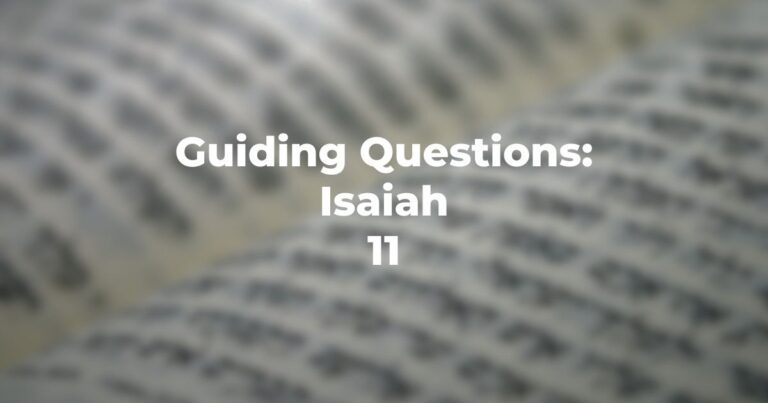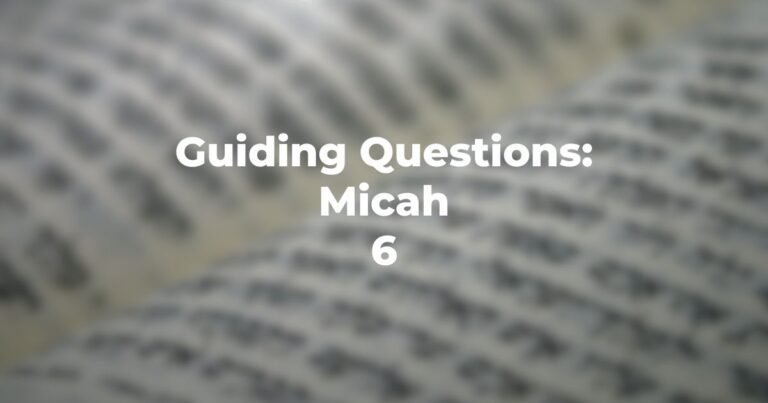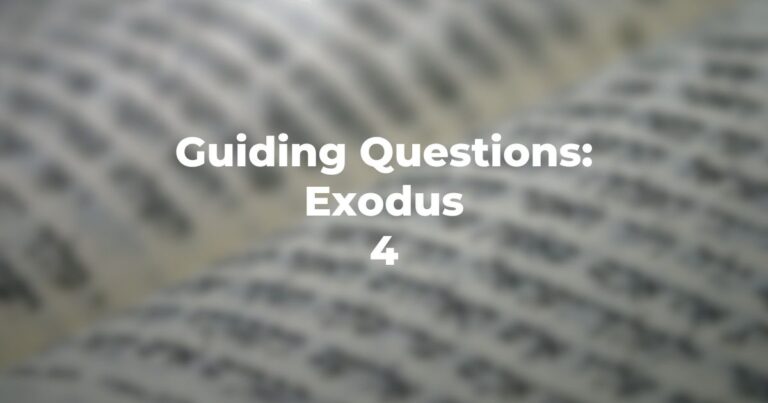- What leads King Adoni Tzedek to attack Gibeon and what is the literal translation of “Adoni Tzedek”?
- Is there any echo of this particular name in the Five Books and in the Abraham story where an alliance of kings also narrated?
- Is there any reference to a “natural phenomenon” in the victory of Joshua (over and above his own strategy of a night attack) — and, if so, how does the author of Joshua consider this event and to what source does he ascribe it?
- Joshua 10:12-13 deal with another “unusualness in nature” — this, at the specific request of Joshua. Is it, indeed, correct that not before this day or subsequent thereto “Divinity listened to the request of a human being”?
- And, the phrase “because Adonai is fighting for Israel,” does this appear for the first time in the TanakhAn acronym for the name of the Hebrew Bible: Torah, Neviim, and Ketuvim. Read more?
- What is the “psychological element” in Joshua’s suggesting to the officers of the “army” that they “put their feet on the necks of the five kings”?
- And, why, at the end of the day, having hung the cadavers, are they removed at sunset? Is there a mitzvah involved here? Does it have a biblical root or specification?
- The balance of the chapter deals with one total eradication after another. To what “imperative” may these actions be ascribed?
Author
-

Exploring Judaism is the digital home for Conservative/Masorti Judaism, embracing the beauty and complexity of Judaism, and our personal search for meaning, learning, and connecting. Our goal is to create content based on three core framing: Meaning-Making (Why?), Practical Living (How?), and Explainers (What?).
View all posts





